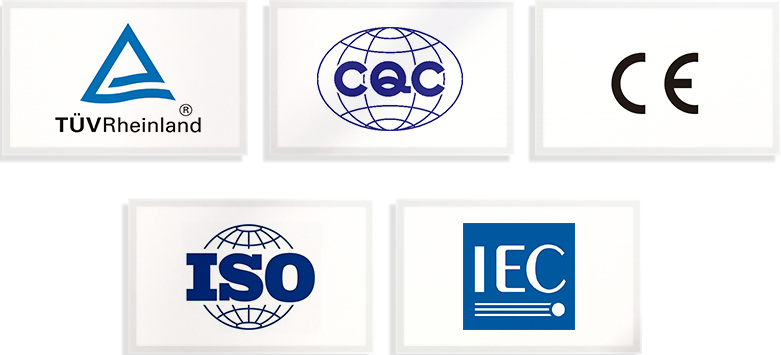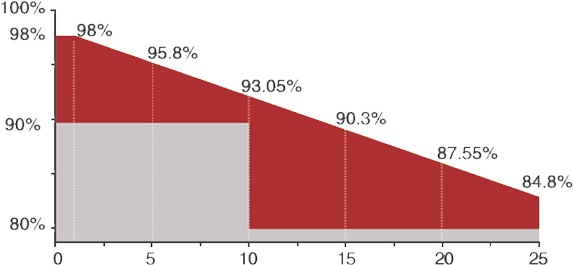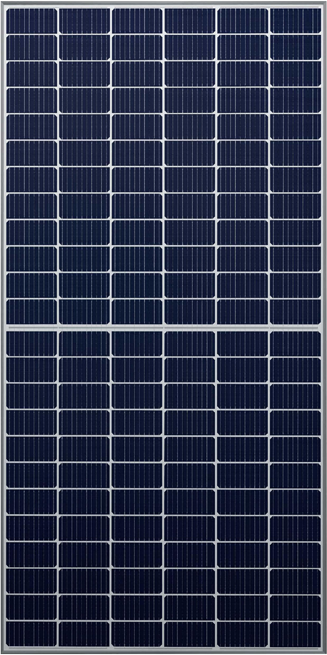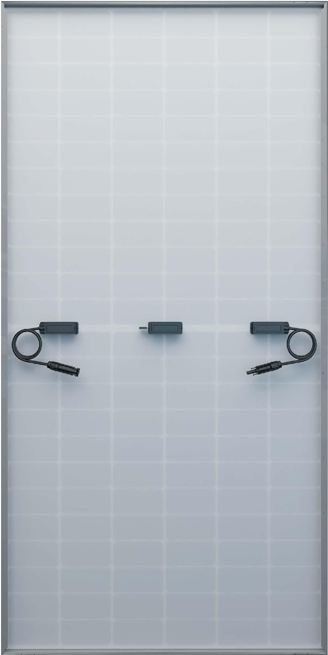PERC Single glass solar module price
The price of single glass solar modules can vary significantly depending on factors such as the wattage, technology (e.g., PERC monocrystalline), brand, and region. Typically, prices for these panels range from $0.25 to $0.40 per watt for standard models, making a 400W single glass solar panel cost between $100 to $160. For higher-efficiency panels, like PERC mono single glass modules, the cost may be slightly higher due to the advanced technology that enhances energy production and lifespan.
Bulk orders or commercial projects often benefit from discounted pricing, especially when sourcing directly from manufacturers or wholesalers. For example, companies like Luan Solar offer competitive pricing on their high-efficiency PERC monocrystalline glass modules, ensuring cost-effectiveness without compromising on performance or durability. Additionally, location and shipping logistics can influence the overall cost, with local installations typically being more affordable.
It's also important to consider long-term savings with these modules. While the upfront cost may vary, single glass solar modules are generally durable and come with extended warranties, offering a strong return on investment through reduced energy bills and longer product lifespan.
PERC mono glass solar panel installation
PERC mono glass solar panel installation is a straightforward process but requires careful planning and professional handling to maximize efficiency and performance. These PERC mono glass solar panels are designed to capture more sunlight and convert it into electricity, making them ideal for residential, commercial, and industrial installations. The installation process typically involves mounting the panels on a sturdy structure, aligning them at the optimal angle to receive maximum sunlight, and ensuring proper wiring and connection to an inverter and energy storage system.
When installing PERC mono glass solar panels, it's crucial to consider factors like shading, roof angle, and local weather conditions, as these can impact energy output. Professional installers will ensure that the PERC mono glass solar panels are securely mounted and positioned for optimal sunlight exposure. They will also check that the panels are wired correctly and integrated with other system components, such as inverters and batteries, to ensure efficient energy conversion and storage.
Choosing high-quality PERC mono glass solar panels from a reliable provider Luan Solar not only ensures a smoother installation but also long-term performance and durability. These panels are lightweight, durable, and designed for easy integration with various solar energy systems, making them a great choice for both residential and large-scale commercial installations.
PERC monocrystalline solar panel lifespan
The PERC monocrystalline solar panel lifespan is typically around 25 to 30 years, making them a long-lasting and reliable investment for energy production. These panels are built with advanced Passivated Emitter and Rear Cell (PERC) technology, which enhances their energy efficiency while ensuring durability in various environmental conditions. Over the panel's lifespan, you can expect high energy output, with only a slight degradation in performance—typically losing about 0.5% efficiency per year.
Additionally, PERC monocrystalline solar panels often come with performance warranties from manufacturers, ensuring that they will still perform at 80-85% of their original capacity even after 25 years. This extended lifespan and reliable energy generation make PERC monocrystalline solar panels an ideal solution for both residential and commercial installations, offering long-term savings and sustainability.
Luan solar panels are guaranteed for 25 years and 30 years after-sales service, from choosing the right solar panels to installation to after-sales service, you can rest assured that your project will be handed over to us!
Choosing PERC monocrystalline solar panels ensures that you'll benefit from stable energy production for decades, with minimal maintenance required throughout the panel's lifetime.
























